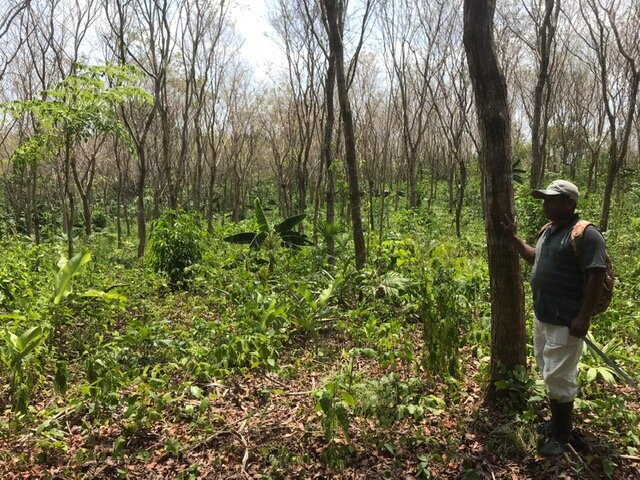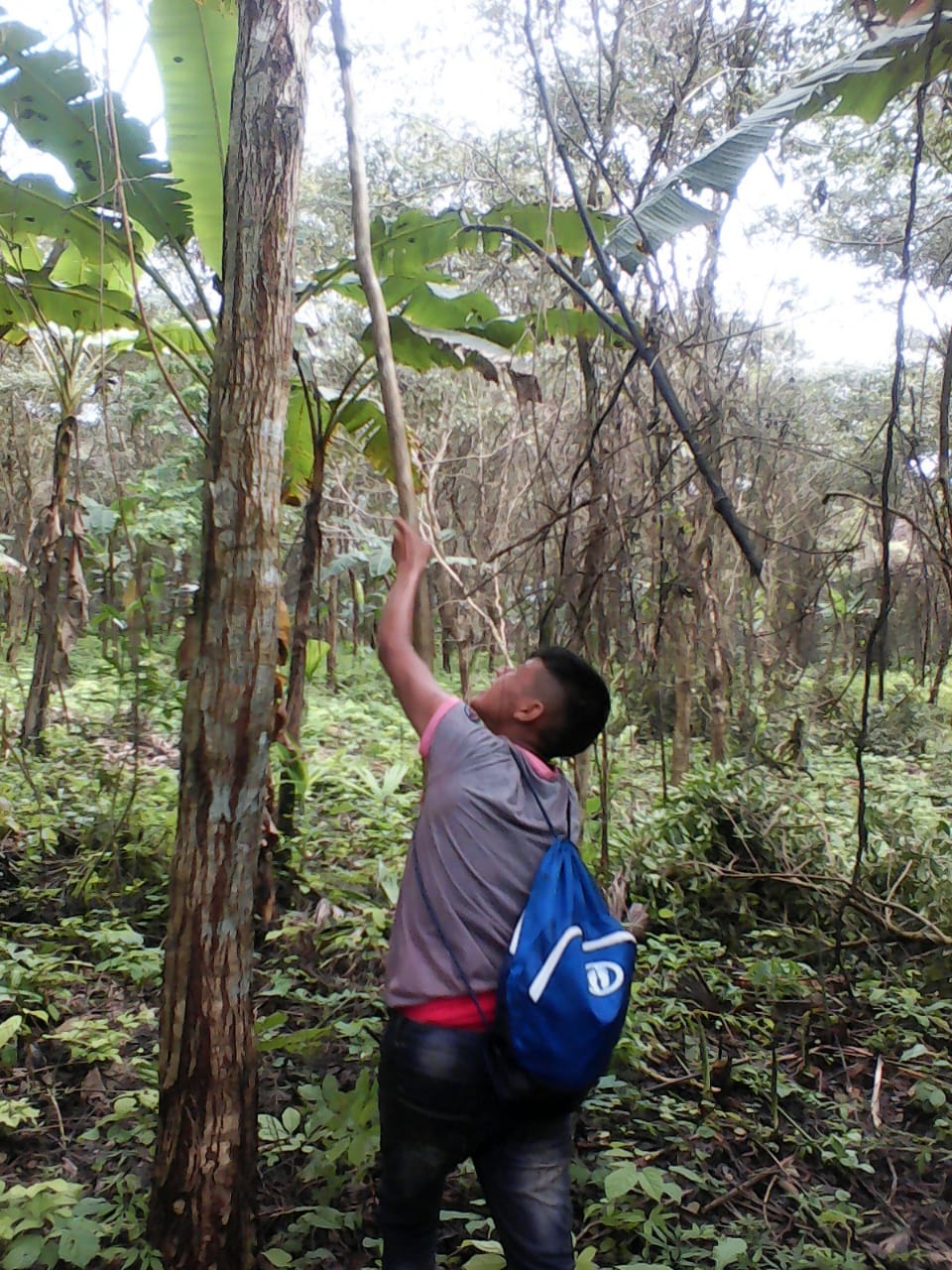Must-Reads For Tropical Forestry Investing
/ Women sort native species saplings in Darien PanamaTwo recently published reports examine the roles of private capital in forestry, and increasing investment flows to locally controlled forestry.
Women sort native species saplings in Darien PanamaTwo recently published reports examine the roles of private capital in forestry, and increasing investment flows to locally controlled forestry.
The Guide to Investing in Locally Controlled Forestry, released in December, is the product of a series of meetings called the Growing Forest Partnerships Initiative. The initiative, managed by the Yale School of Forestry’s Forests Dialogue, brought together investors, forest rights-holders, policy makers, and donors for a series of meetings to develop a set of recommendations to increase investment flows into locally controlled forestry. We contributed a case study about the challenges and benefits of building a local focus into our business model.
In January, The European Tropical Forest Research Network (ETFRN) and Tropenbos released their News 54 publication entitled Good Business: Making Private Investments Work for Tropical Forests. The ETFRN/Tropenbos piece looks more broadly at the role private finance plays in the restoration and sustainable management of tropical forests. With an estimated investment of $15 billion per year, the private sector represents the largest investor in sustainable forestry. We contributed a case study to this report as well, a more in-depth look at how the Equitable Forestry model increase benefits to local communities and reduces investment risk.
All the case studies featured in the Guide to Investing in Locally Controlled Forestry and the ETFRN News 54 are inspiring examples of how organizations are attracting private investment to sustainable forestry models and increasing local control of tropical forests. We consider them must-reads for anyone interested in investing responsibly in forestry, and feel honored to be included.






